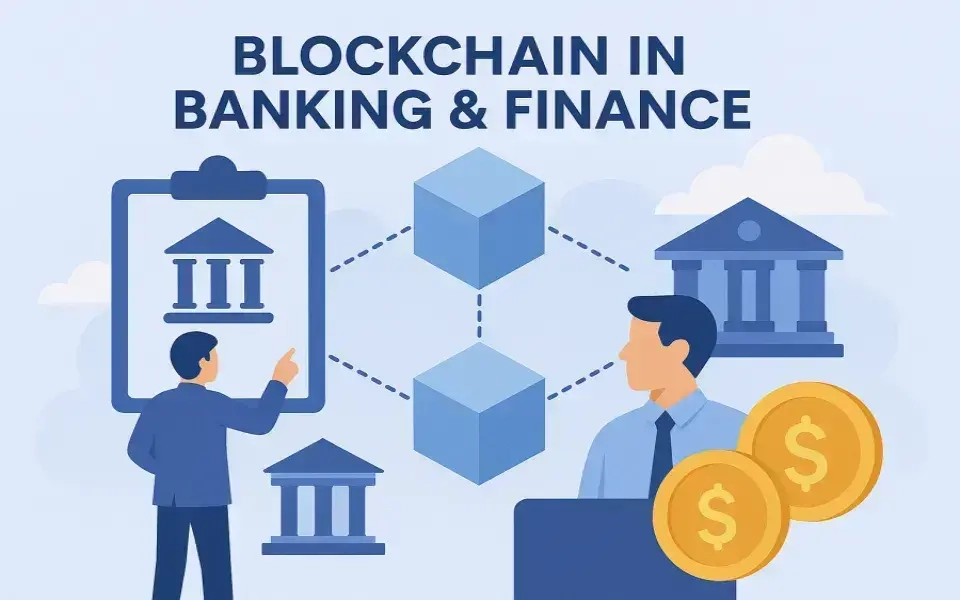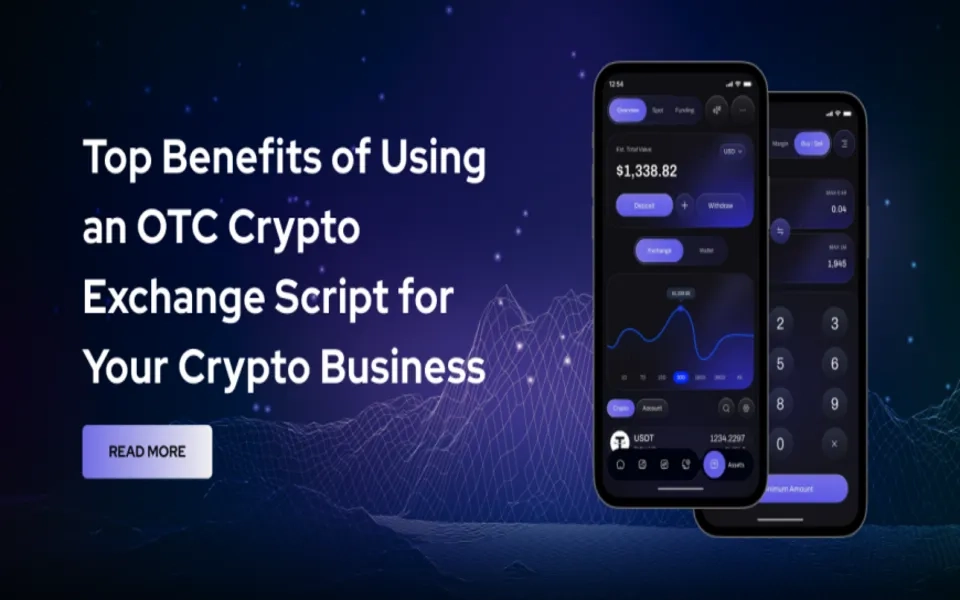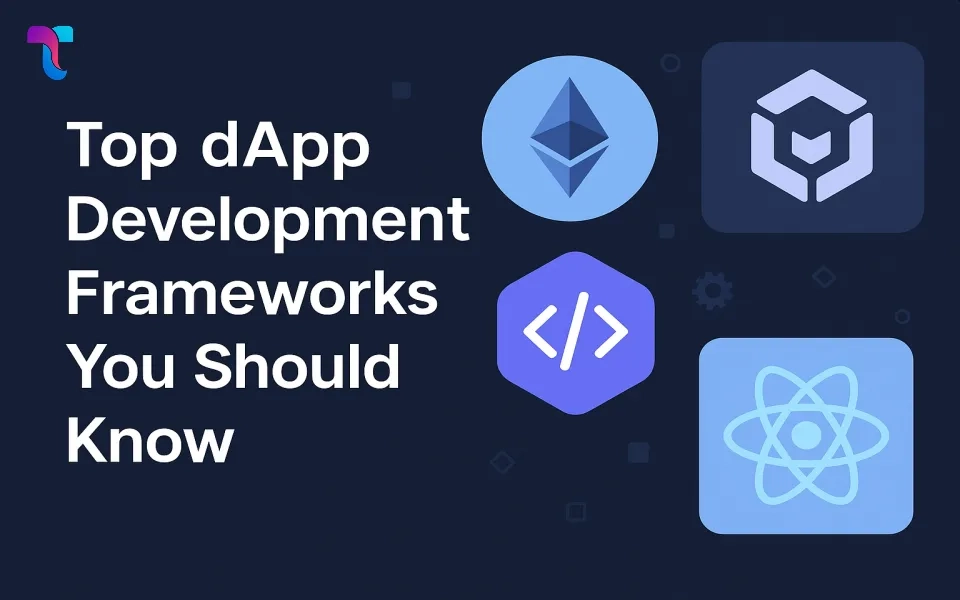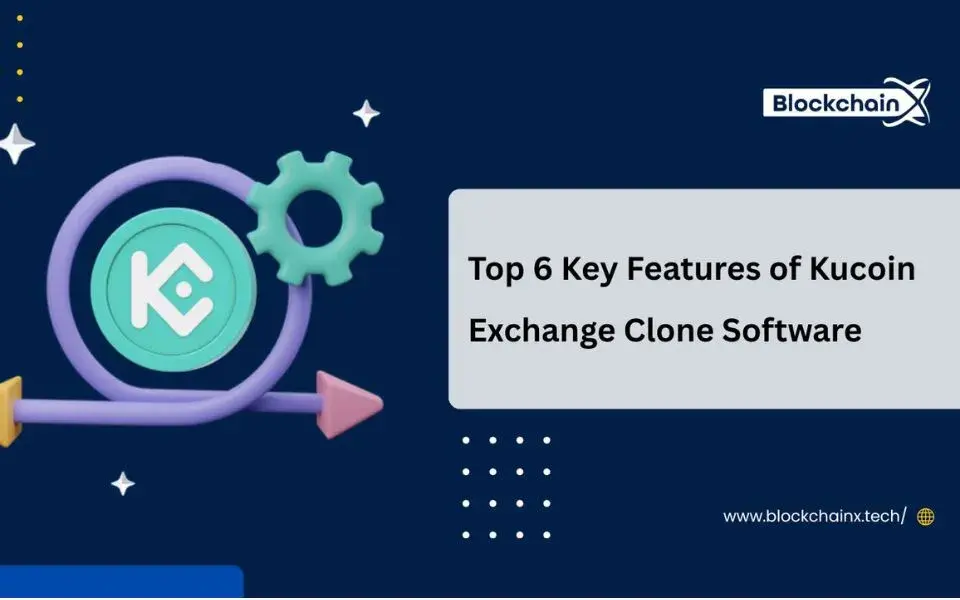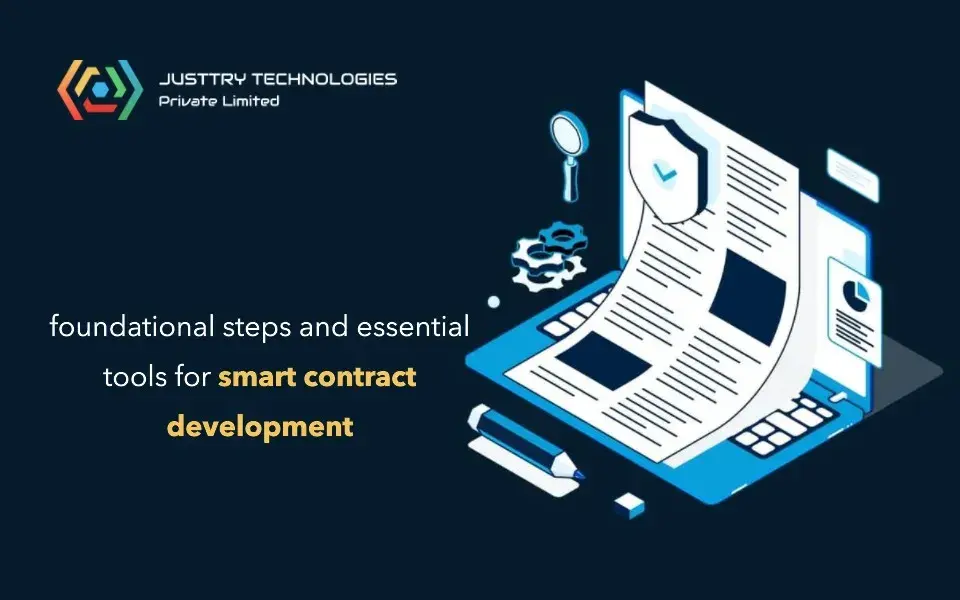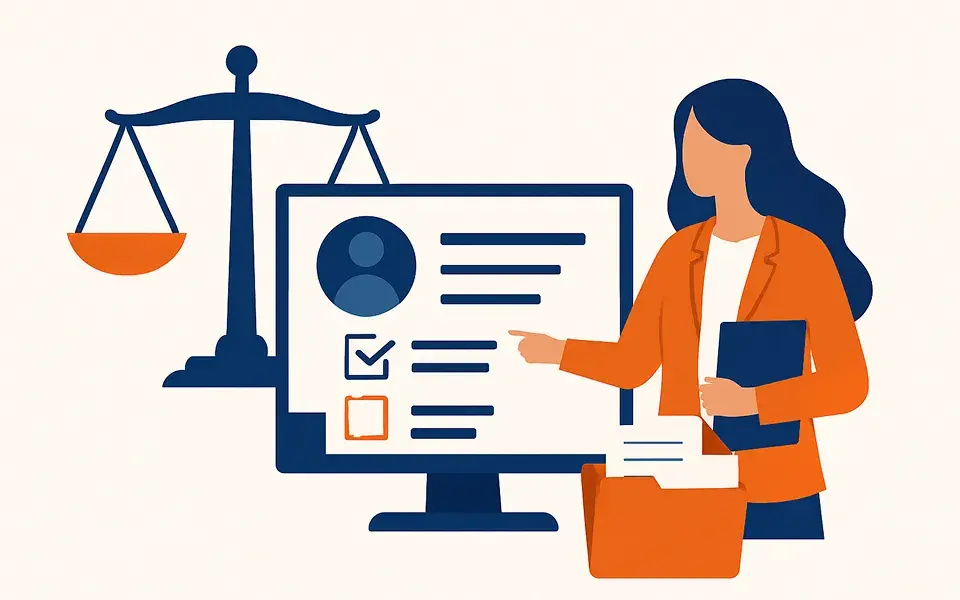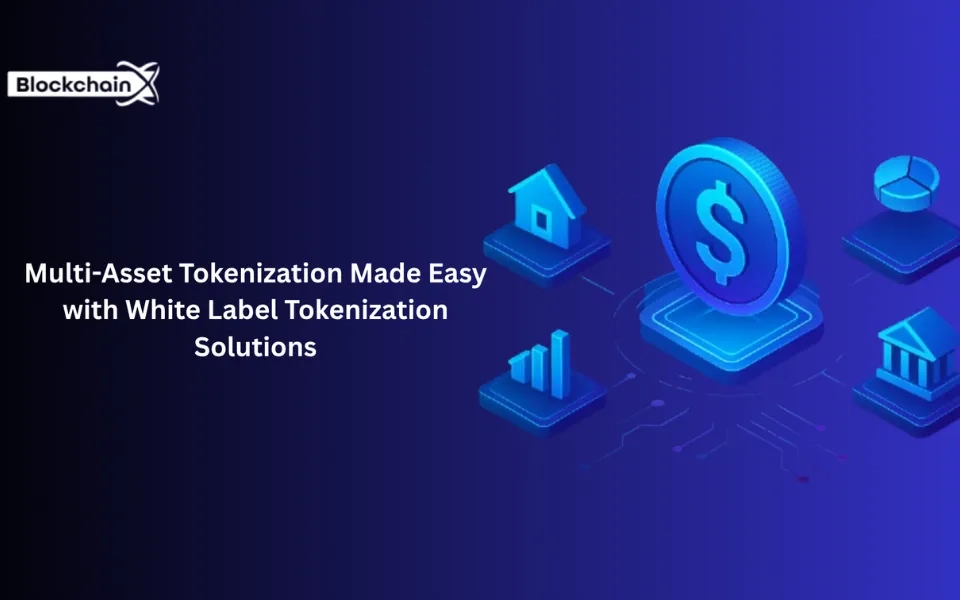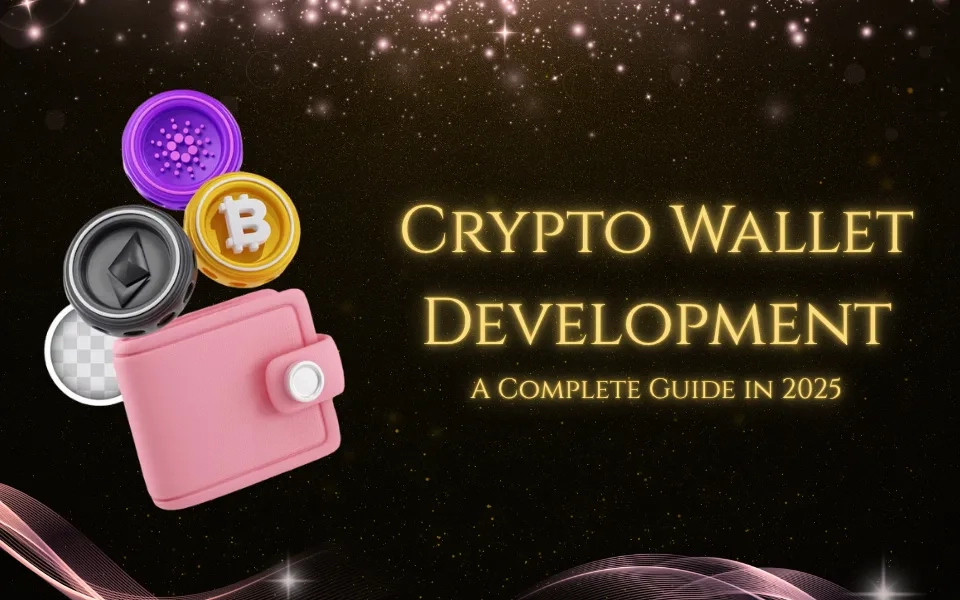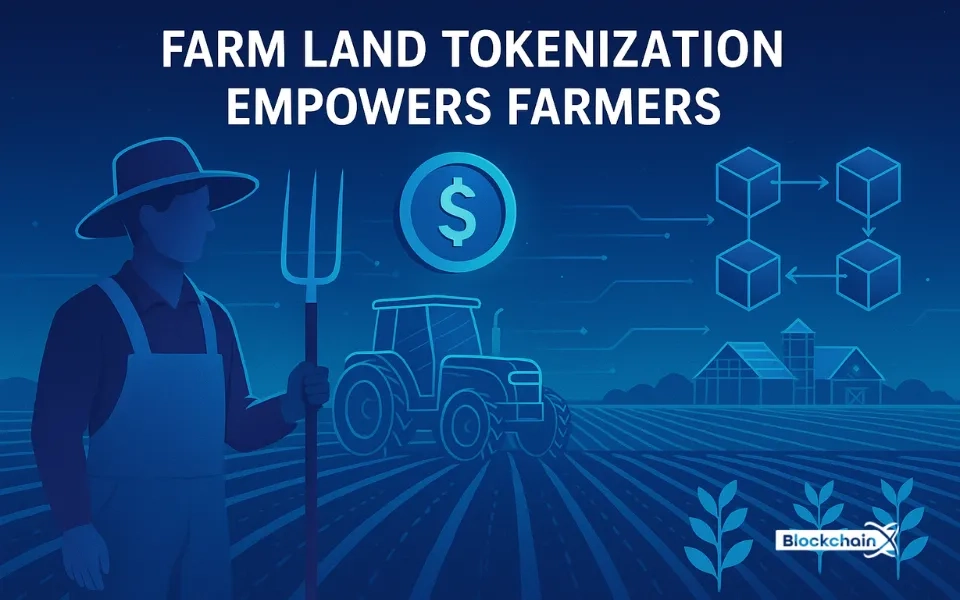The financial world is undergoing a radical transformation. Traditional banking, once defined by paper trails, centralization, and lengthy processes, is now being disrupted by a digital revolution, blockchain technology.
No longer confined to the realm of cryptocurrencies, unlocking new possibilities with blockchain in banking and finance, offering faster transactions, improved transparency, reduced costs, and direct control for users.
From cross-border payments and smart contracts to digital identity management and DeFi platforms, the blockchain wave is reshaping everything in its path.
In this blog, we explore how blockchain is influencing the global financial sector, the key use cases, and why institutions are making the shift in 2025.
The Evolution of Blockchain in Traditional Finance
When blockchain emerged with Bitcoin in 2009, it was seen purely as an alternative currency framework. However, over the last decade, it has evolved into a foundational technology with far-reaching applications in financial services.
Today’s banks and fintech companies are moving beyond crypto assets to explore blockchain’s core capabilities, immutability, decentralization, smart contracts, and distributed ledger technology (DLT).
By removing the need for intermediaries and offering real-time verification, blockchain introduces trustless, transparent, and efficient systems. Central banks, retail banks, payment processors, asset management firms, and insurance companies are all experimenting with blockchain-led solutions to modernize outdated infrastructure.
In 2025, over 50% of financial institutions are actively investing in blockchain R&D, either through in-house pilot projects or partnerships with blockchain development firms.
Major Use Cases of Blockchain in Banking & Finance
Cross-Border Payments and Settlements
Traditional cross-border payments can take up to five days, with multiple intermediaries, high fees, and currency conversion delays. Blockchain enables near-instant global money transfers, reducing both time and cost. With stablecoins and crypto rails, banks can move funds in real-time and at a fraction of the traditional SWIFT fees.
Blockchain also allows settlement finality, meaning once a transaction is recorded, it’s immutable and verifiable, reducing fraud and reconciliation needs. Projects like RippleNet and Stellar are at the forefront of blockchain-based remittance and FX payments.
In 2025, blockchain is making B2B international payments seamless, especially for small businesses and freelancers looking for faster payouts across borders.
Know Your Customer (KYC) and Digital Identity
KYC remains one of the most resource-intensive tasks for banks. Each institution verifies identity data individually, leading to repetitive processes and security risks. With blockchain, KYC data can be stored on a shared, permissioned ledger. Once verified, a customer’s identity can be reused across banks with their consent, drastically reducing onboarding time and compliance costs.
Moreover, self-sovereign identities (SSI) on blockchain give users control over their data. This approach aligns with global privacy laws like GDPR and allows for secure, decentralized identity sharing between financial entities.
Smart Contracts in Lending and Trade Finance
Smart contracts automate agreements without intermediaries. In finance, they’re being used to streamline loan issuance, collateral management, insurance claims, and trade finance processes.
For example, in trade finance, blockchain automates document verification (like bills of lading), customs processing, and fund releases. It improves trust among exporters, importers, and banks while reducing paperwork and delays.
In lending, blockchain allows borrowers and lenders to interact directly on DeFi platforms, secured by algorithmic logic instead of manual underwriting. Smart contracts ensure conditions are met before funds are released or interest is repaid, reducing the risk of defaults.
Tokenization of Assets
Tokenization refers to the process of converting real-world assets like stocks, bonds, real estate, or commodities into digital tokens on the blockchain. This enables fractional ownership, increased liquidity, and 24/7 global trading.
Banks are exploring tokenized securities and Central Bank Digital Currencies (CBDCs) to facilitate programmable money, controlled issuance, and real-time tracking. Tokenization also makes private investments more accessible, allowing small investors to own pieces of large financial instruments.
By 2025, many institutions will be piloting asset tokenization platforms to digitize traditional instruments and attract new investors.
Rise of DeFi Platforms: A Parallel Banking Ecosystem
Decentralized Finance (DeFi) is one of blockchain’s most disruptive innovations. Built entirely on smart contracts, DeFi platforms offer open-access financial services including lending, borrowing, trading, and staking, without traditional intermediaries.
Platforms like Aave, Compound, and Uniswap have introduced algorithmic interest rates, permissionless loans, and decentralized exchanges (DEXs). Unlike banks, users remain in control of their funds, and the entire system is transparent and composable.
How DeFi Impacts Traditional Banking:
- Disintermediation: DeFi eliminates the need for banks by connecting users directly.
- Global Reach: Anyone with an internet connection can access DeFi, bypassing borders and bank accounts.
- Yield Optimization: Users can earn high APYs via yield farming, staking, and liquidity provisioning.
While DeFi is still volatile and faces regulatory scrutiny, it poses a significant challenge to legacy banking models. Many banks are now exploring hybrid finance models, offering DeFi-like products under compliant frameworks. Some institutions are even launching their own DeFi projects or integrating with DeFi protocols for services like tokenized bond trading and stablecoin lending.
Blockchain's Role in Regulatory Compliance and Security
Financial institutions are under constant pressure to meet evolving regulations around anti-money laundering (AML), transaction reporting, and cybersecurity. Blockchain technology offers powerful tools to enhance compliance and reduce operational risk.
Transparent Auditing and Reporting
Blockchain’s immutable ledger creates a verifiable trail for every transaction. Regulators can be given access to view, but not modify, on-chain activities, facilitating real-time auditing and automated compliance. It also reduces the risk of human error or intentional manipulation of records.
Improved AML and Fraud Detection
By linking blockchain with AI/ML systems, banks can monitor transactions in real time and flag suspicious patterns more effectively. On-chain analytics help detect wallet-level risks, sanction violations, and potential fraud before damage is done.
Secure Data Sharing
Blockchain enables encrypted and permission-based data sharing between banks, regulators, and partners. This improves collaboration across institutions and ensures data integrity without compromising privacy.
With rising cyberattacks and data breaches, the decentralized nature of blockchain offers a robust alternative to centralized databases vulnerable to single points of failure.
Final Thoughts
The financial industry in 2025 is standing at the crossroads of tradition and transformation. With blockchain, banking is no longer confined to high-rise buildings or 9-to-5 hours. Instead, it’s evolving into an always-on, borderless, and trustless ecosystem that prioritizes speed, transparency, and inclusivity.
From cross-border transactions and smart contracts to tokenized assets and DeFi banking, blockchain is not just a backend solution; it’s becoming the foundation of financial innovation. While challenges around regulation, scalability, and user education remain, the direction is clear: blockchain is reshaping the DNA of global finance.
Financial institutions that embrace this shift early will not only improve efficiency but also future-proof their services in an increasingly decentralized world.
From smart contract integration to decentralized payment systems, seamlessly incorporate blockchain into your banking app, enhancing transparency, security, and operational efficiency across all financial services.




